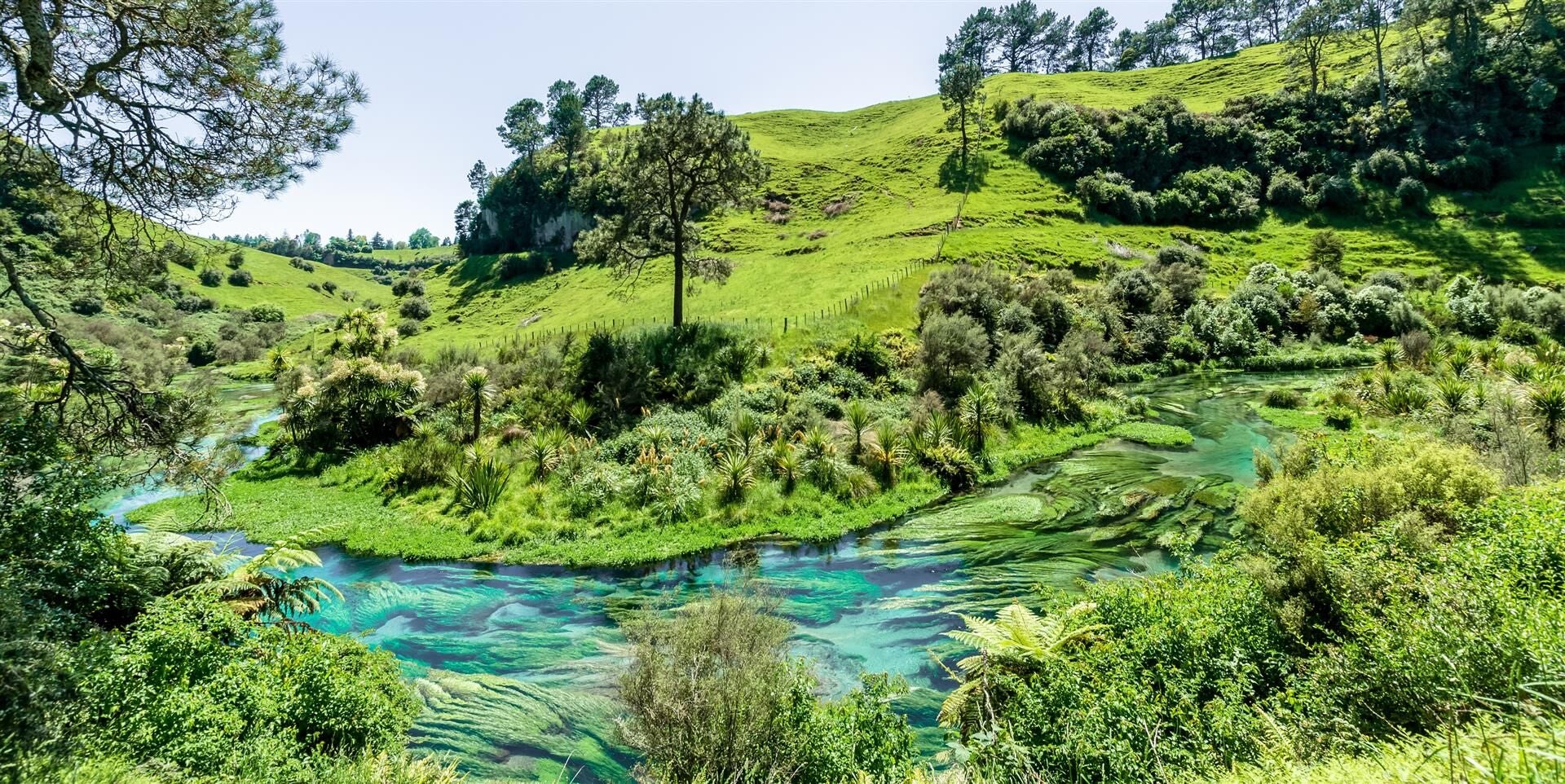Farm environment awards open networks for farmers

James Ryan, general manager for the New Zealand Farm Environment Trust says this year’s entrants and winners highlight the variety of farmers becoming typical recipients for the awards.
“They encompass all aspects of land use in the primary sector, from pastoral dairying, sheep and beef farmers to orchardists. What they all share, despite their different businesses, is a passion to preserve the environment they depend upon so much while still operating a profitable, sustainable business.”
“What all entrants share, despite their different businesses, is a passion to preserve the environment they depend upon so much while still operating a profitable, sustainable business.”
James says the BFEAs are better viewed for the awards they are, rather than a competition, and provide the entrants with huge opportunities to build a network of like-minded peers to share ideas with.
“And of course the judging process gives them positive, constructive feedback about their operation and where, if necessary, they can do more work on.”
The awards champion sustainable, profitable farming by selecting 11 regional award winners from around the country.
Each have the opportunity to have their farm businesses showcased through the award’s national sustainability seminar, and to go into the running for the national award, the Gordon Stephenson Trophy.
Long-time Tirau dairying couple Adrian and Pauline Ball were this year’s Waikato supreme winners with their dairy farm that lies alongside the Waihou River near Tirau.
Adrian says the awards have proven invaluable for getting an insight to what other farmers are doing.
“We have been involved with the industry for a while now and it’s good to be positive and share our story. You never feel like you are ‘ready’ but having an understanding of the issues and options is important, and the awards offer that opportunity,” he says.
“We have been involved with the industry for a while now and it’s good to be positive and share our story. The awards offer the opportunity to understand the issues faced and the options available.”
The Balls’ operation highlights some of the smart environmental management that can be picked up by other farmers in the sector.
The Ball farm’s dry stock unit is 100% off the grid, using solar power, while all fences on the dairy unit are set back 20m from the river’s banks. Pond areas on the farm are biodiversity hotspots, providing an ideal habitat for frogs and waterfowl.
James Ryan says typically farmers are not by nature accustomed to receiving positive feedback on what they do.
“They are often humble and do not recognise the uniqueness of what they are doing. The awards provide a forum for them to receive some positive feedback and encourages them to do more, particularly with the independent, free feedback they receive from a diverse judging team.”
That team can include a fellow previous award winning farmer and agri-professionals with soil, water and fertiliser expertise.
“Despite people being time pressured, there is a real willingness there to help out with the awards – they are regarded very highly as something of an industry standard.”
The standards of environmental management those judges are encountering has also lifted markedly over the awards’ lifetime.
“We are seeing greater use of technology by farmers, including precision agriculture and irrigation, and proof of placement technology for fertilisers and effluent applications.”
For the first time this year Bayleys is sponsoring the People award in each region, helping recognise those entrants who are successfully taking their staff members with them on their sustainable journey.
Bayleys national country manager Duncan Ross says the decision to sponsor the regional award reflects the importance that needs to be placed on fostering talent in the New Zealand primary sector that can continue the strong environmental capabilities established by the leading farmers.
“Given the average size of almost all categories of farms and orchards are increasing, we are seeing the importance of being able to engage staff on the sustainable vision the owners may have for that farm.”
“Given the average size of almost all categories of farms and orchards are increasing, we are seeing the importance of being able to engage staff on the sustainable vision the owners may have for that farm.”
He said it was implicit that if farm owners could not take the people on their farm business along with them, all the vision in the world will not come to much when trying to make it real.
He is confident the sponsorship will further help cement what is becoming an iconic event in the New Zealand farming calendar.
“What once used to be regarded as a bit of a ‘fringe’ award is now very much in the mainstream for all types of farmers,” says James Ryan.
.jpg)